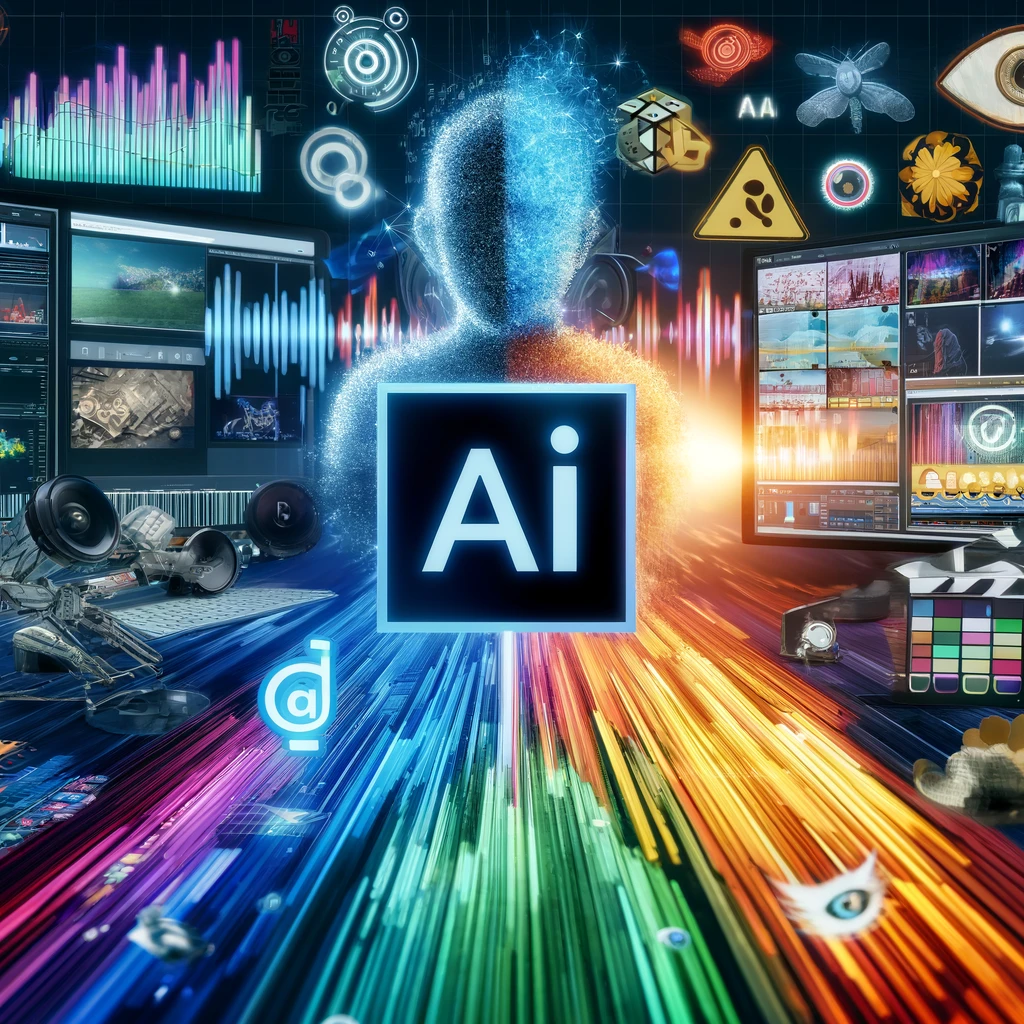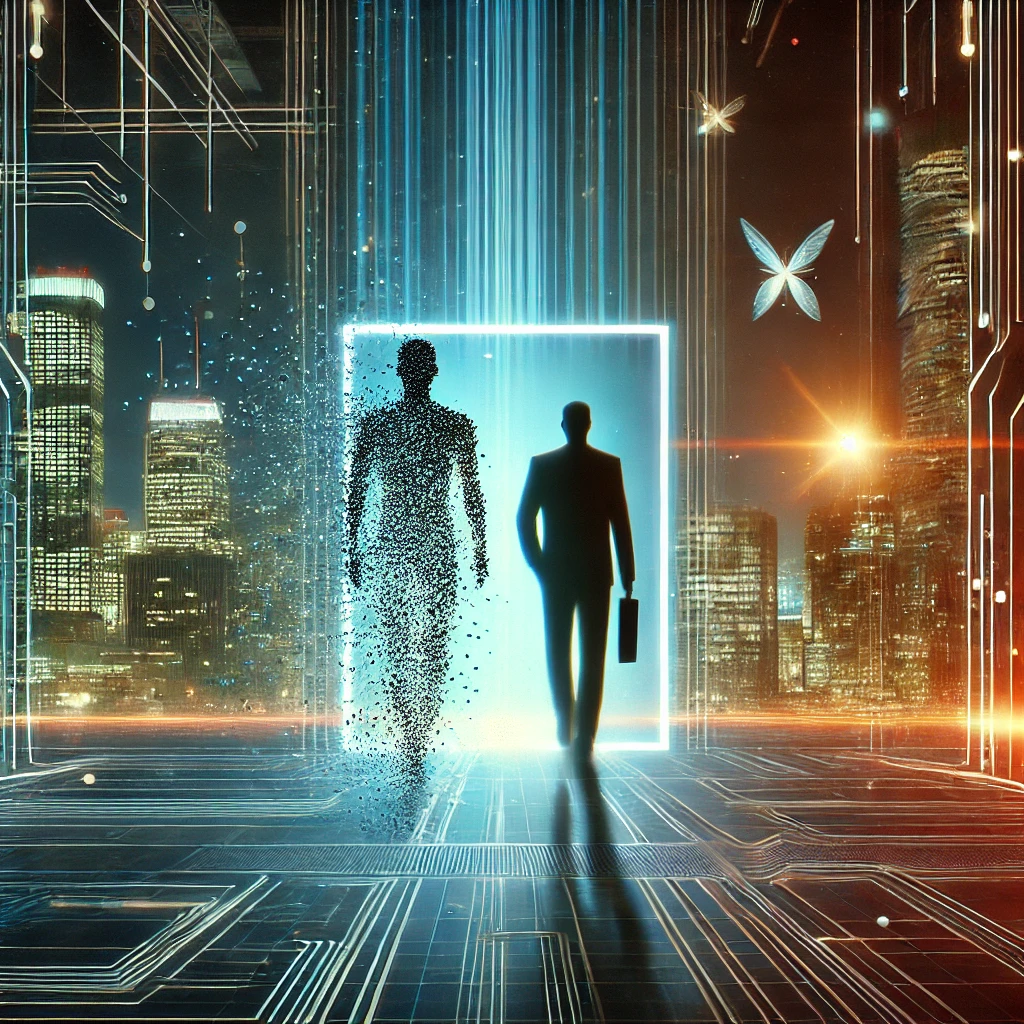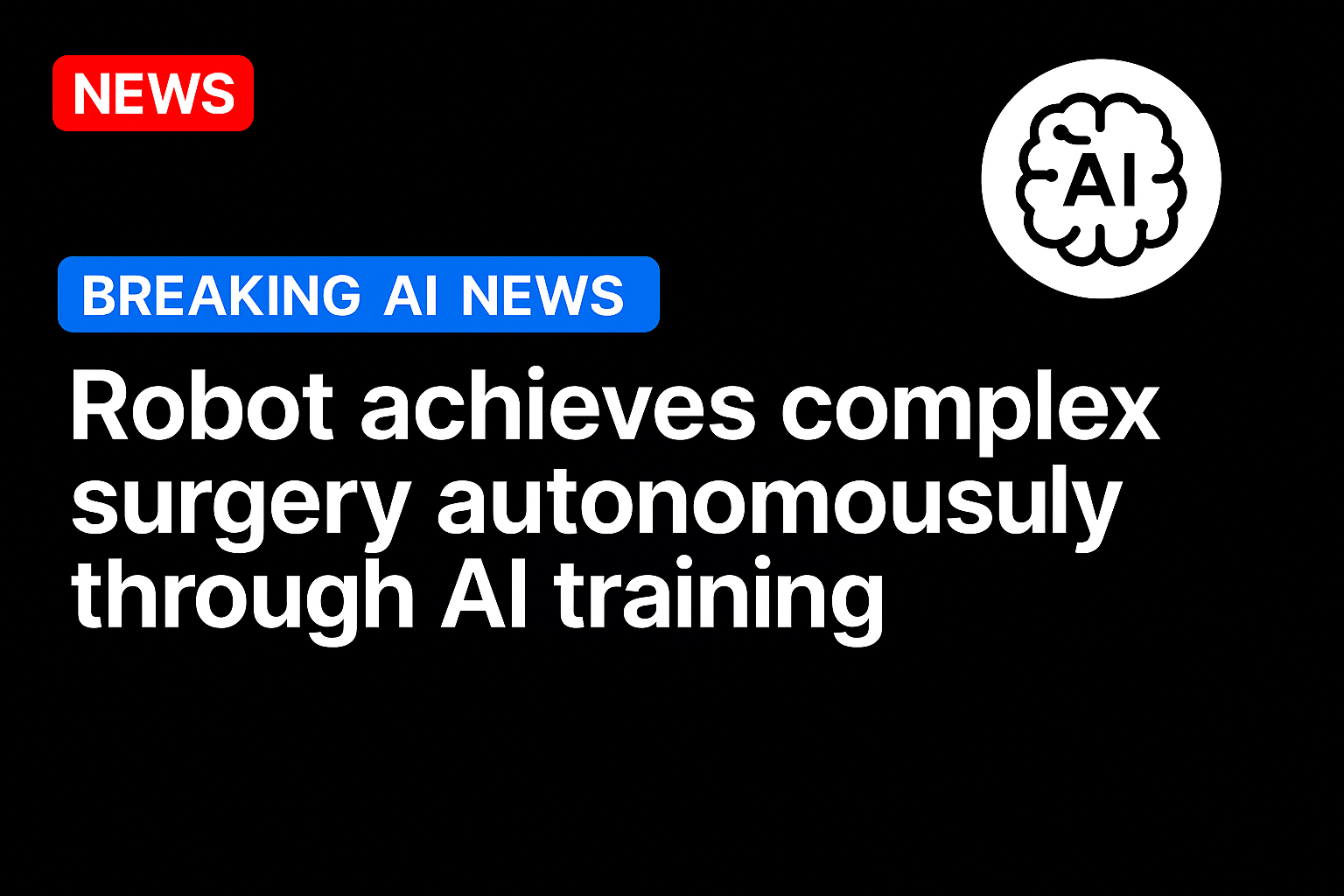Meta, the parent company of Facebook and Instagram, has made another leap into the world of artificial intelligence by unveiling an innovative tool capable of generating videos with synchronized audio almost instantaneously. This AI-driven video generator has the potential to reshape industries such as entertainment, advertising, and media production. At the same time, it raises concerns about its potential misuse for spreading disinformation and manipulating public perception.
Redefining Video Production
Meta’s new AI video generator leverages cutting-edge machine learning algorithms to create videos in a matter of seconds, offering users the ability to produce high-quality, engaging visual content without the need for traditional filmmaking resources. What sets this tool apart is its integration of synchronized sound, meaning that not only can the AI generate realistic imagery, but it can also layer appropriate sound effects, voiceovers, and background music to fit the context of the video.
For content creators, marketers, and filmmakers, this tool could dramatically lower the barriers to video production, cutting down on time, costs, and technical expertise. With just a few text prompts or simple inputs, users can instruct the AI to generate everything from short films and product ads to social media clips, complete with matching sound. By automating this process, Meta aims to provide an efficient alternative to the traditional video production pipeline, which often involves multiple stages of editing, sound design, and post-production work.
This advancement holds vast potential for democratizing video production, allowing independent creators and small businesses to produce content at a level that was once only available to those with substantial budgets and resources. For Hollywood, the emergence of AI-powered video creation tools like Meta’s could redefine how films are made, offering new possibilities for scriptwriters, directors, and visual effects teams.
A Boon for Creativity and Business
One of the key advantages of Meta’s AI video generator is its potential to supercharge creativity. Content creators can experiment with new ideas, producing rapid prototypes of videos to see how different visual and auditory elements come together before committing to a final product. This could revolutionize creative industries like advertising, where agencies are always searching for fresh and innovative ways to capture their audience’s attention.
Businesses stand to gain significantly from this technology as well. From product tutorials to promotional materials, companies can generate tailored content faster than ever before, allowing for more agile marketing campaigns. In addition, with AI’s ability to analyze audience data, videos could be personalized for individual viewers, creating unique experiences that resonate with different demographics.
Meta’s tool also makes it easier for brands and influencers to quickly generate content for social media, a space where attention spans are short and engagement rates are critical. By automating the creation of videos, companies can keep up with the constant demand for fresh content, increasing their reach and visibility.
The Double-Edged Sword: Disinformation Concerns
Despite its potential to revolutionize video production, Meta’s new tool also raises significant concerns. The ability to generate realistic, AI-created videos in seconds could be a powerful weapon in the hands of bad actors. As deepfake technology becomes more sophisticated, the line between reality and fiction continues to blur, and AI-generated content can easily be manipulated for nefarious purposes.
One of the most pressing risks is the spread of disinformation. AI-generated videos can be used to create fake news clips, misleading political ads, or false narratives, making it difficult for the public to distinguish between real and fabricated content. With the added element of sound, these videos can be even more convincing, as they may feature realistic dialogue or audio that appears to be from trusted sources.
The ease and speed with which these videos can be produced amplify the threat. Unlike traditional video manipulation, which requires significant time and expertise, Meta’s tool makes it possible for anyone with access to the technology to create misleading videos with little effort. The implications for elections, public discourse, and social trust are profound.
To address these concerns, Meta has emphasized its commitment to responsible AI development. The company has stated that it will implement safeguards to detect and prevent the misuse of its AI video generator, including watermarking AI-generated content and providing transparency tools that allow viewers to verify the origins of videos. However, questions remain about the efficacy of these measures and whether they will be enough to combat the rapid spread of disinformation.
Hollywood’s Changing Landscape
Beyond the ethical concerns, Meta’s instant AI video generator could significantly impact the entertainment industry, particularly in Hollywood. As AI tools continue to improve, the traditional roles of actors, directors, and production crews may evolve. AI-generated video could be used to produce entire scenes or films without the need for on-set filming, reducing costs and timelines.
This shift is already evident in the growing use of CGI and motion capture in modern filmmaking, but Meta’s tool takes it a step further by automating many of the creative decisions that typically require human input. While some filmmakers may see this as an opportunity to enhance their storytelling with AI-assisted creativity, others may fear that the human element of cinema—its emotional and artistic nuances—could be diminished by over-reliance on machine-generated content.
As AI becomes more integral to filmmaking, there are also concerns about intellectual property and ownership. Who owns the creative rights to a video generated by AI? How will studios and creators navigate the ethical implications of using AI to replicate real actors or produce content without traditional authorship? These are complex issues that the entertainment industry will need to address as AI tools like Meta’s continue to advance.
The Future of AI in Video Creation
Meta’s instant AI video generator marks an exciting yet cautious step forward in the world of content creation. On one hand, it opens up a world of possibilities for creativity, innovation, and accessibility in video production. On the other hand, it raises critical concerns about the potential misuse of AI to spread disinformation or erode the authenticity of media.
As this technology becomes more widespread, industries will need to strike a balance between harnessing the benefits of AI while safeguarding against its potential harms. Whether it’s Hollywood, advertising, or social media, the future of video production is poised for transformation—and Meta’s new AI tool is at the forefront of that change.





